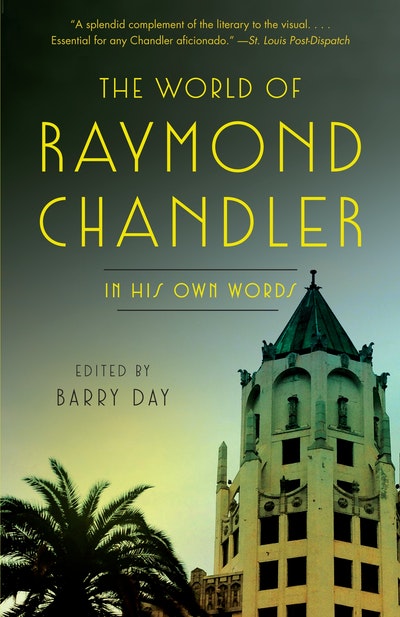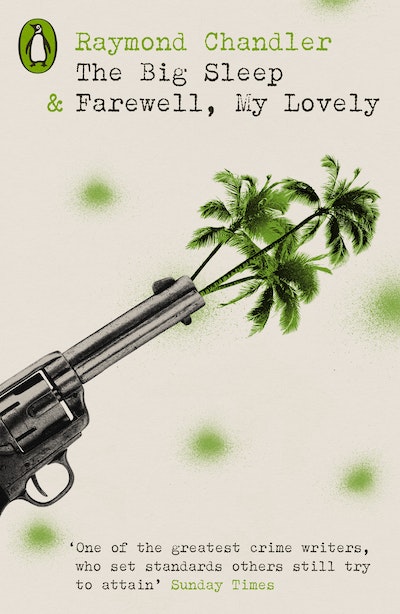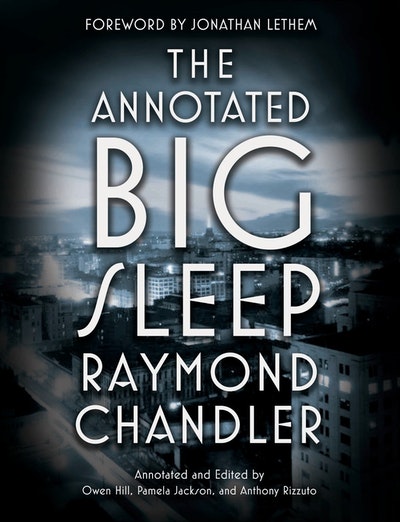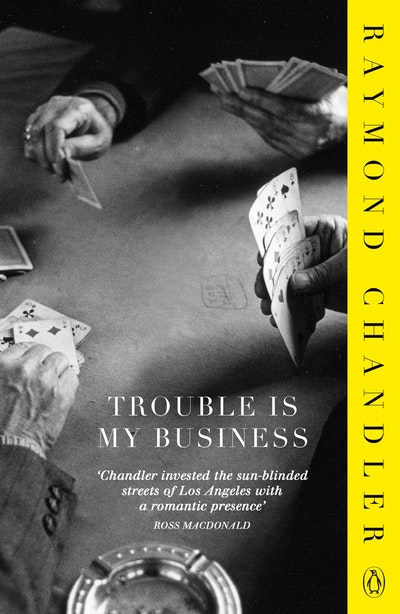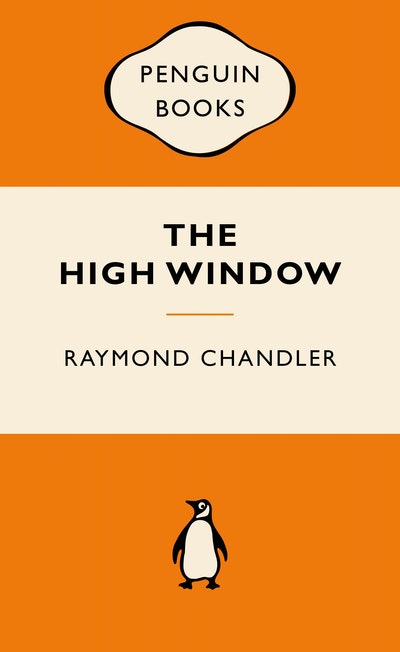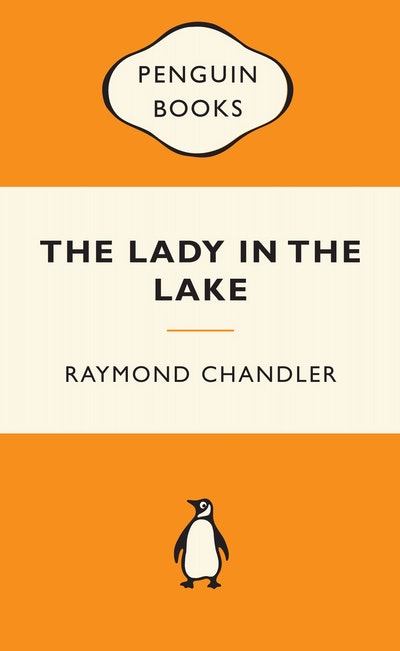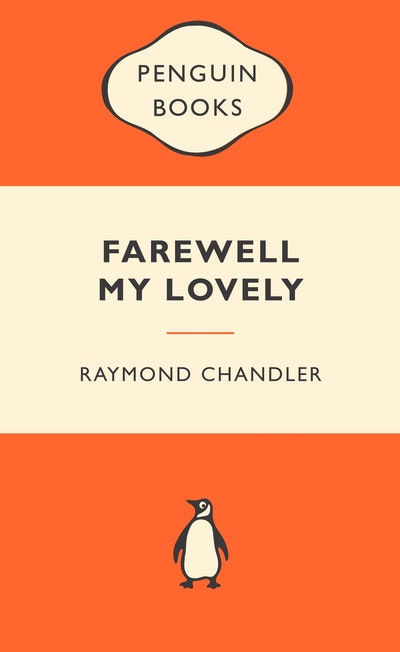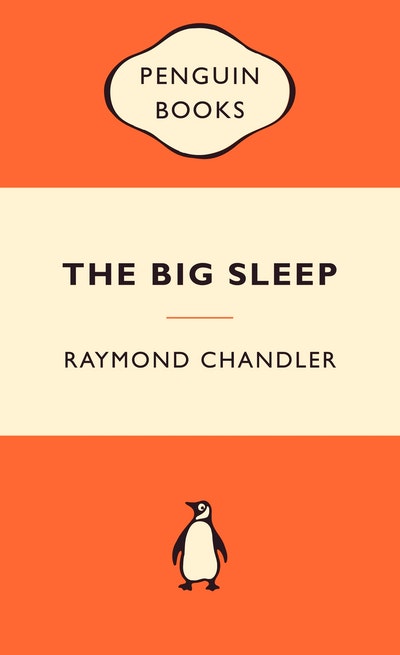Raymond Chandler was born in Chicago in 1888 but moved to England with his mother when he was twelve after his parents' divorce. He was educated at Dulwich College, London and studied international law in France and Germany. He published a number of poems and essays in local papers and worked as a reporter, essayist and book reviewer before emigrating to the United States in 1912. After serving for the Canadian Army during the First World War he tried a variety of jobs before becoming a bookkeeper and auditor for Dabney Oil Syndicate. In 1924 he married Cissy Pascal. When Chandler lost his job during the Great Depression, he decided to devote himself to writing. He began writing short stories for Black Mask Magazine, the best known of the 'hard-boiled' school of pulp fiction magazines. In 1939 he published his first novel The Big Sleep to instant acclaim in Britain and the US, introducing the world to his iconic private eye, Philip Marlowe. Marlowe went on to star in almost all of Raymond Chandler's major works and with Farewell My Lovely (1940) and The Long Goodbye (1954) Chandler cemented his reputation as a giant of American popular culture and master of a style of detective fiction that would be widely admired and imitated. Chandler turned to screenwriting in 1943 with Double Indemnity and worked closely with director Billy Wilder. He continued to write for Hollywood for the next four years, during the heyday of the Hollywood studio system, receiving an Oscar nomination for The Blue Dahlia (1946). In 1946 Chandler received an Edgar Award from the Mystery Writers of America for screenplay and in 1954 for novel writing. During the last year of his life he was made President of the Mystery Writers of America. He died from pneumonia in 1959.
Raymond Chandler was born in Chicago in 1888 but moved to England with his mother when he was twelve after his parents' divorce. He was educated at Dulwich College, London and studied international law in France and Germany. He published a number of poems and essays in local papers and worked as a reporter, essayist and book reviewer before emigrating to the United States in 1912. After serving for the Canadian Army during the First World War he tried a variety of jobs before becoming a bookkeeper and auditor for Dabney Oil Syndicate. In 1924 he married Cissy Pascal. When Chandler lost his job during the Great Depression, he decided to devote himself to writing. He began writing short stories for Black Mask Magazine, the best known of the 'hard-boiled' school of pulp fiction magazines. In 1939 he published his first novel The Big Sleep to instant acclaim in Britain and the US, introducing the world to his iconic private eye, Philip Marlowe. Marlowe went on to star in almost all of Raymond Chandler's major works and with Farewell My Lovely (1940) and The Long Goodbye (1954) Chandler cemented his reputation as a giant of American popular culture and master of a style of detective fiction that would be widely admired and imitated. Chandler turned to screenwriting in 1943 with Double Indemnity and worked closely with director Billy Wilder. He continued to write for Hollywood for the next four years, during the heyday of the Hollywood studio system, receiving an Oscar nomination for The Blue Dahlia (1946). In 1946 Chandler received an Edgar Award from the Mystery Writers of America for screenplay and in 1954 for novel writing. During the last year of his life he was made President of the Mystery Writers of America. He died from pneumonia in 1959.
